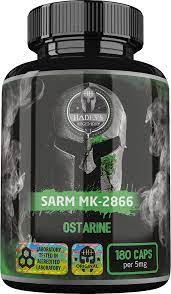There is a lot of uncertainty encompassing the topic of SARMs and steroids. A lot of people manage to assume that SARMs are just a more secure variation of steroids, and some assume that they function in a totally diverse way. In this particular blog post, we shall check out the clinical proof to see if we could response the question once and for all: do sarms work like steroids?
Do SARMs And Steroids Job Equally?
With regards to investigating the commonalities between SARMs and steroids, there are 2 crucial regions that we should take into account: their mechanisms of measures along with their negative effects.
Mechanism Of Measures
SARMs and steroids both job by binding to receptors in your body. Nonetheless, there is certainly some argument about which receptor they bind to. SARMs are believed to combine for the androgen receptor, while steroids are thought to combine towards the glucocorticoid receptor. Nevertheless, there is some evidence that suggests that SARMs might also combine towards the glucocorticoid receptor.
Unwanted Effects
The side outcomes of SARMs and steroids could be broadly separated into two categories: androgenic and anabolic. Androgenic adverse reactions are caused by the activation of your androgen receptor, whilst anabolic adverse reactions are due to the activation of the glucocorticoid receptor. Androgenic unwanted effects consist of stuff like baldness, acne breakouts, and increased excess fat, although anabolic adverse reactions consist of things like muscle mass expansion and drinking water retention.
Conclusion:
SARMs appear to bind on the androgen receptor, the very same receptor that steroids bind to. However, there is certainly some data which they might also combine for the glucocorticoid receptor. This indicates they may not have as numerous unwanted side effects as steroids, but they may not be as successful.
It’s worthy of mentioning that this is a very simple review of the investigation in this region. If you’re thinking of taking SARMs or steroid drugs, it’s usually a great idea to talk to your doctor initial.



